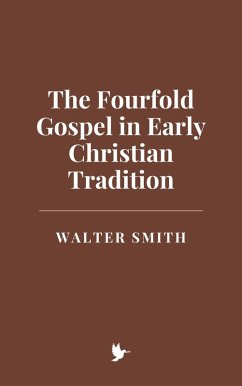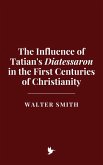The book begins by analyzing the historical context in which the Gospels were written, focusing on the social, religious, and political forces that shaped their narratives and theological perspectives. It then delves into the theological implications of the Gospels, exploring their distinct portrayals of Jesus Christ, his mission, and the implications of his life, death, and resurrection for Christian soteriology and Christology.
The role of the Gospels in the early Christian Church is explored, particularly in relation to the formation of the Christian canon, the development of Christian doctrine, and the establishment of the Church's authority. Their influence on early Christian apologetics, the defense of orthodoxy, and the spread of Christianity throughout the Roman Empire are also discussed, highlighting the Gospels as both theological and evangelistic tools.
The book also examines the Gospels' impact on monasticism, the development of Christian art, and the Christian engagement with the Roman world, tracing the role of the Gospels in shaping spiritual practices, theological thought, and religious identity. From the early desert fathers to the great theological debates of the medieval period, the Four Gospels served as a constant source of inspiration, guidance, and authority.
Dieser Download kann aus rechtlichen Gründen nur mit Rechnungsadresse in A, B, CY, CZ, D, DK, EW, E, FIN, F, GR, H, IRL, I, LT, L, LR, M, NL, PL, P, R, S, SLO, SK ausgeliefert werden.









